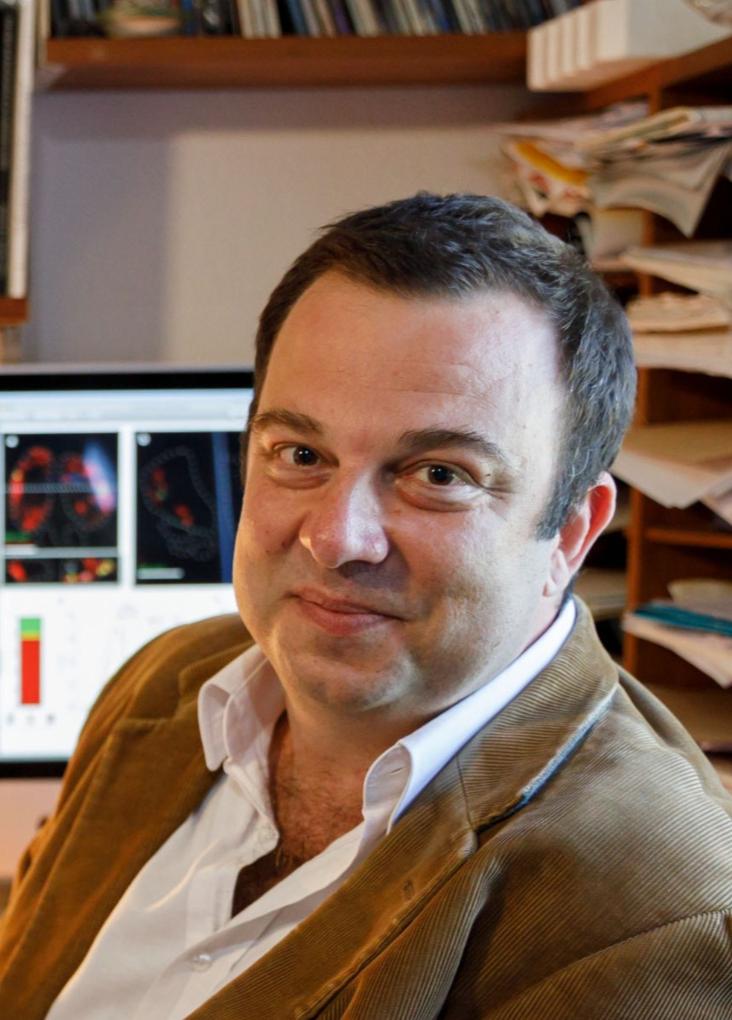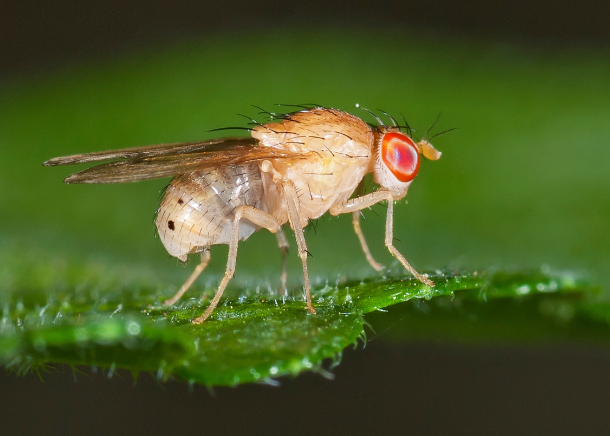Summary:
Understanding the mechanisms that generate phenotypic variation and their impact on the course of evolution is a central challenge in modern biology. The genetic architecture of development may limit or bias the phenotypic spectrum obtained after new mutations, deemed developmental bias. These phenotypic biases, in turn, may influence evolutionary trajectories. Despite the recognition of the importance of developmental biases in constraining and pacing the evolutionary process, the developmental genetic mechanisms of developmental bias remain largely unknown. Here, we propose to establish the neurobehavioural system of Caenorhabditis elegans as a powerful study system to dissect the mechanisms of developmental bias across levels of biological organisation, encompassing cell fate decisions during the development of the nervous system to behaviour. This involves a novel integrative approach that combines developmental biology, neuroscience, evolutionary ecology, and quantitative genetics. Moreover, the project will exploit the uniqueness of the model system C. elegans in combining remarkable biological features, tools and resources. The project is structured in two main objectives. First, we will reveal and quantify developmental bias in behaviour. For this, we will generate a novel panel of random mutant lines containing a transgene for whole-organism neuronal cell-fate identification. Then, we will discover developmental biases in locomotory and avoidance to pathogens behaviour by high-throughput automated multi-trait behavioural phenotyping and quantitative genetic analysis. This will give us a quantitative framework of the variational properties of locomotor traits and the ecologically-relevant pathogen avoidance behaviour to new mutations. Second, we will uncover mechanisms of developmental bias at the whole-organism level. For this, we will perform computational analyses to test to what extent known neurodevelopment features (structure) and neuronal communication properties (function) explain organismal developmental bias. Moreover, we will investigate whether variation in neurodevelopment underlies behavioural biases by imaging and developmental genetic analysis of neuronal specification in the whole-organism. Overall, this project offers a unique opportunity to advance our understanding on the mechanisms underlying the generation of phenotypic variation at the organismal level. Furthermore, this PeX will be the solid foundation for future studies on the roles and mechanisms of developmental bias. This will allow us to have a comprehensive understanding of the genotype-phenotype mapping across scales and to test its predictive power for evolution.
Keywords:
mutational variance; pathogen avoidance; developmental neurobiology; Caenorhabditis elegans
Funding Institution:
Fundação para a Ciência e a Tecnologia








